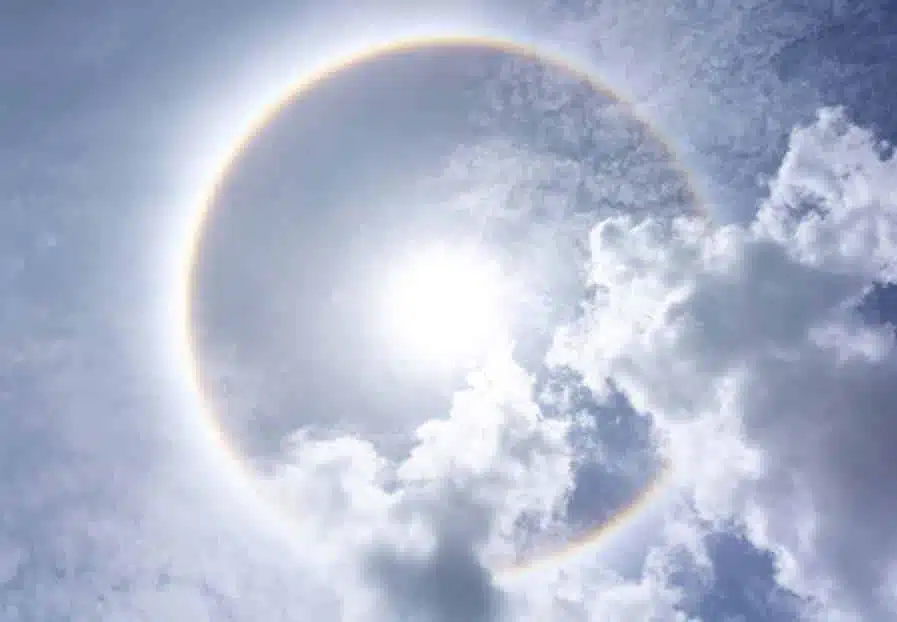

Written by Translation Committee
Blog | Dzogchen Text Translations | Dzogchen translations
The Song of Primordial Evidence
In Indian language: “Santidarpa”.
In Tibetan: rdzogs pas chen po sa gcig pa
In English: “The Unique Land of Great Perfection”.
Homage to the Radiance of Radiances, the Victorious Samantabhadra,
The spontaneously perfected Great Bliss of the three Vajras of body, speech and mind!*
The natural expression of the diversity of phenomena is non-dual,
Likewise, individual phenomena are free from conceptual elaboration.
Although one thinks ‘this is this’ or ‘that is that’,
The forms as a whole are totally pure.**
And by realizing this, one abandons the disease of effort,
Through [natural] abiding, the primordial state is spontaneously established.
Thus ends “The Song of Primordial Evidence, Pure and Perfect Mind”.
*Note 1: The Three Vajras: the three indestructible aspects of the awakened Body, Speech and Mind.
**Note 2: about the translation of rnam par snang mdzad kun tu bzang: refers to both Samantabhadra, the “primordial Good” and its “radiance” Vairocana. It should be noted that the translator of this text, who is sometimes regarded as its author, was called Bairotsana.
This version of this seminal Dzogchen text comes from the rnying ma rgyud ‘bum, the anthology of texts from the School of the Ancients. The text also appears in the list of the Five Ancient Translations called byang chub sems rig pa khu byug: The Song of the Primordial Evidence, Pure and Perfect Mind.
Tibetan version (Wylie) from the rNying-ma rGyud-‘bum:
rgya.gar.skad.du/ san.ti.dar.pa/ bod.skac.du/rdzogs.pa.chen.po.sa.gcig.pa/ Svasti: dpal.gyi.dpai/ bcom.idan.hdas/kun.tu.bzang.po/ sku.gsung.thugs.rdo.rje.bde.wa.chen.po.la.phyag.htshal.lo/ / (1) sna.tshogs.rang.bzhin.myi.gnyis.kyang/ (2) cha.shas.nyid.du.spros.dang.bral/ (3) ji.bzhin.pa.zhes.mi.rtogs.kyang/ (4) rnam.par.snang.mdzad.kun.tu.bzang (5) zin.pas.rtsol.ba’inad.spangs.te/ (6) lhun.gyis. gnas.pas.bzhag.1 pa.yin/ Byang.chub.kyi.sems.rig.pa.khu.byug.rdzogs.so/